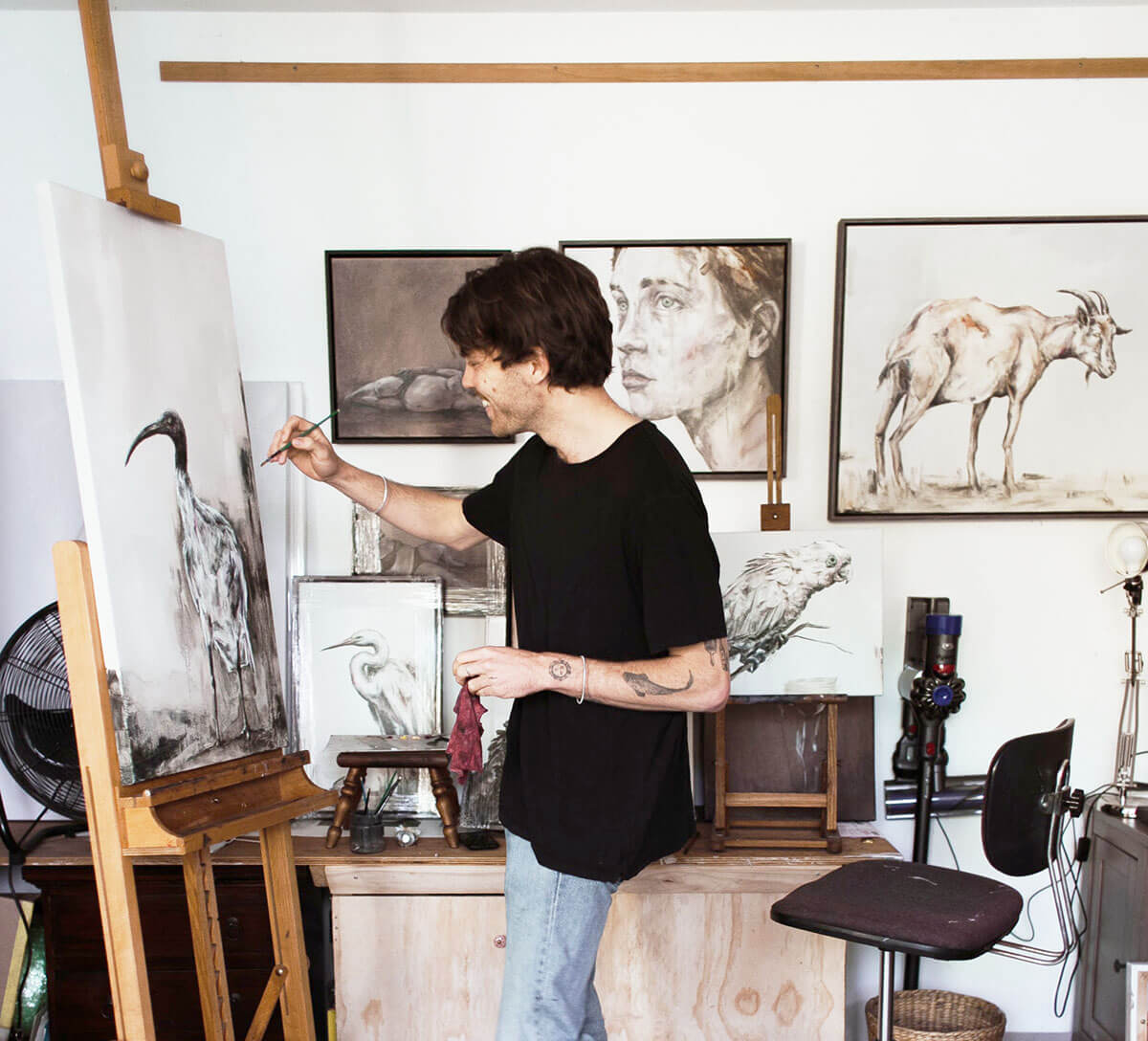Like most of the large hotel groups, Accor has embarked on a digital transformation in recent years that cuts across the entire organization.
The France-based group, which operates more than 5,600 properties, is currently implementing a new central reservation system (CRS) and a new revenue management system and continues to improve its loyalty program.
As chief business, digital and tech officer, Alix Boulnois oversees the three pillars of distribution, direct channels and loyalty for the company. Her wide remit also means she is responsible for ecommerce, customer care and the group’s digital factory, which is charged with developing the ecosystem for hotel owners including customer relationship management (CRM), CRS, payments, data and artificial intelligence.
As the company celebrates now having 100 million members in its ALL (Accor Live Limitless) loyalty program, Boulnois spoke to PhocusWire about Accor’s priorities across the three pillars, how it sees artificial intelligence and her greatest challenges.
How do you prioritize your time given that you have so many strands to your role?
Our role as an asset-light company is to bring as much business as possible to our hotels at the lowest cost possible. And so what that means exactly is one, we need to have a wide distribution ecosystem, so as many channels as we can, and make sure that on these channels that we put the right price, the right offering etc. So there is one pillar around our distribution strategy connecting channels and revenue management.
Subscribe to our newsletter below
The second pillar is of all the channels that we have, we want our direct channels to have exponential growth, because it’s more profitable for owners. We also get more data out of it to give better experiences for guests and that’s also a privileged channel for loyalty. So everything related to ALL.com, our app and also our brand websites are super critical to this pillar.
The third one is we want to have as many of our customers become active members of ALL, because obviously a loyal member is someone that buys more, more frequently and also we can provide better experience to and over time reduce the cost of distribution for owners. These are really the three things that we’re focusing on, technology being an enabler of that. There is a lot of technological transformation underneath that, but it’s not technology for technology’s sake. It’s really at the service of these three goals.
One of your competitors said last year that they had 80% of bookings coming through their own channels. Would you have a comparable number?
We don’t share this number, but we are not at 80% to be completely transparent. I can share a few numbers that show how we are performing on both our direct channel and our loyalty because the two are obviously very tightly linked. On loyalty, last year we recruited 11 million new members and since the launch of ALL, we have almost doubled the number of members in the program. So the hundred millionth member that we are announcing is twice what we had when we launched the program.
The growth of revenue from members last year increased 19%. So, the spend of our members within our hotels was plus 19% versus group top line overall at +7% which gives you a sense of the exponential growth we’re getting. For our direct channel we’ve been growing double digit now for the past four years. In the past four years, we’ve been growing 10 points above the OTA [online travel agency] channels so gaining share versus our indirect channels. Our mobile app specifically is now 35% of our web direct and that has been growing above 50% consistently for the past three years. We have seven downloads of the app per minute of the app.
You began revamping your websites in late 2022 through mid-2023 and by your capital markets day last year you had relaunched three of those sites?
ALL as a loyalty program was relaunched in December 2019. Unfortunately, COVID hit quickly after so 2020 and 2021 were difficult years for the industry. Really where we had the pickup and the next step after the launch was 2022 and we made significant improvements to our website, apps, and we are still bringing to life the loyalty program because a big portion of the program lives digitally. In the past two years, to give you a sense, we’ve added €1.5 billion of revenue to our direct channels.
Within those company priorities, how do you think about your resources, your time, your investment across everything that you take care of?
We are very driven by the impact on our P&L (profit and loss statement), guests and owners. So when we review a project, we look at the value at stake. We try as much as possible to focus on big bets and to avoid spreading thin. We also prioritize projects that can scale globally quickly. It doesn’t mean that we don’t go for local specificities—there are markets like China, etc. where very often the global solutions don’t work without any adaptation. But things that can scale quickly and provide a consistent experience to guests is something that we tend to prioritize.
Within the three pillars of distribution, loyalty and direct channels, let me tell you what the priorities are.
For distribution, the key topics are mostly technological. One is the change of CRS with Amadeus, which is a very big one and is going to enable a lot of capabilities in terms of managing our bookings, pricing, etc. The second one is revenue management, we signed a large partnership as well with IDeaS, we’re deploying it in all our properties and leveraging the power of revenue management to improve our revPAR as well as better manage the channels because revenue management systems are helpful in directing traffic to the most relevant channel.
And the third one is the PMS (property management system) and all the three systems are very much linked—PMS, CRS and revenue management system (RMS). We are actively moving our hotels to cloud property management that is fully integrated with Amadeus CRS and IDeaS. We have moved half our estate already and we we will continue this journey.
For web direct, the big focus is on the mobile app because it enables you to drive more stickiness and engagement. It’s a member-only channel. You cannot use our app without being a member. The app is constantly improving the booking experience, but it’s going way beyond just booking. It’s providing experiences, restaurants, spas, information, chatting with the front desk, etc, so it’s all the in-stay services and the ancillary revenues are super important in the app.
…what I find interesting is that this technological disruption [by AI] might change who the intermediaries are and the balance of power especially, for instance, when it come to search with Google being a heavily challenged by other players … I do feel this rebalancing of power is an interesting moment for us.
Alix Boulnois, Accor
We’re also putting emphasis around the brands. Historically, we have not put enough effort in improving the digital presence of our brands. We believe this is one of the strongest assets that Accor has, so the focus on the brand and bringing, especially on the luxury side, a true luxury experience, digitally speaking is a key focus. And the third aspect for web direct is really our commercial strategy. We been very active in providing compelling offers and benefits to our guests when they shop with our direct channel.
We have more long-term projects as well around personalization, AI and how we leverage all the players like ChatGPT, etc., to have different ways for customers to search, but these are more longer term topics.
As a huge hotel group, you lay out your priorities for distribution, web direct and all your channels and then AI comes along. What do you do?
We see AI as an accelerator of what we’re doing. If you think, for instance about what we were already doing on personalization, this is the fantastic opportunity to do better targeting for our customers to tailor our offers, our messages, better than what we used to do in the past to create more content at scale. Many people talk about personalization. Most of the time the biggest blocker to personalization is data. If you don’t have the data, you don’t know who you’re talking to, so it’s difficult to personalize content, because if you don’t have a variety of content and offers, you cannot provide a tailored approach. So genAI is a very nice way to scale your content and your offering.
In general, AI is helping us accelerate significantly. It’s the same for search and the way people search. If you think about most of websites, they were really meant for the business traveler who knows where they’re going. They just need the most efficient way to book the stay.
The reality is there is a big part of the leisure business that doesn’t think about it this way. They want some inspiration, to shop or search by attributes, etc. And AI allows you to do all of that … versus what we have in traditional search with dates, destination and that’s it. So AI is very much an accelerator. It does mean upgrading your team, making sure they can capture this opportunity otherwise, we will end up disrupted.
What about the potential for AI agents to disrupt the business?
Actually I think some of the OTAs or intermediaries are more at risk than us because in a way we have already been having these intermediaries. Even on direct channels a lot of the traffic comes from Google, for instance. I’m not saying this cannot get worse. Disintermediation exists and what I find interesting is that this technological disruption might change who the intermediaries are and the balance of power especially, for instance, when it come to search with Google being heavily challenged by other players. We shouldn’t be naive about it, we should look at what each [of the] players are doing, but I do feel this rebalancing of power is an interesting moment for us.
And the priorities for loyalty?
We’re going to continue enrolling and activating our members, but a few big bets that we have a big focus on are the B2B part, creating compelling offers for corporates that is not only targeted towards the traveler but also to whoever is staying, meaning the company, so we are revamping our B2B strategy around loyalty. Second is that ALL is putting a lot of emphasis around partnership, and we really want to make the program not only hotel- and restaurant-centric but also we want members to experience the program even when they don’t travel. So we invested a lot in partnerships in recent years, we have multiplied our revenue from partnerships 8X in three years. We plan to double that again in the next three years, which means having not only travel related partnerships, but also things like retailers.
The third one is that we have a very successful business in subscription cards. Accor Plus is a very successful program for us to go after the most engaged customers who want to spend even more, and so we are going to continue to invest on that front and you will see some changes coming in the next 12 months.
Are you on track with the Amadeus CRS project? And, what potential do you see for attribute-based selling?
We are on track and we are trending towards our first pilots in Q4 of this year. We’re going to start with some luxury hotels in North America. This is a very complex project, most of our competitors it took from seven to 10 years but we are committed to move faster. For attribute-based selling, we need to be more advanced on our migration before we can implement some of this functionality. There is a lot of discussion in the industry around this, no one is fully matured on it and the way it is going to be done is still not fully fleshed out. We are pushing it. You can do a lot around upsell and this we are already doing for some of our hotels that are deployed on Opera cloud. We are able to send personalized emails and offers to upsell the customer. It’s not exactly actually attribute-based selling, it’s a step towards the idea of customizing offering and add-ons for guests.
What do you think are your greatest challenges?
The volatility of the world is definitely a concern for all of us. It means you need to continuously be agile and flexible and have the ability to react ahead of the curve. This certainly applies to my teams, especially as you cannot do technology projects for ten years. The other challenge is that we operate in a lot of countries, segments and we have a lot of brands. So, we try to do as much at scale as possible, but we need to be relevant to these segments and local specificities and that is always a very fine balance. We’re moving a lot of pieces at the same time. We are very proud of that and the transformation we are driving, but it’s a big bold move so execution is super key.
Phocuswright Europe 2025
Join us in Barcelona from June 10 to 12 where Alix Boulnois, chief digital officer of Accor, will provide further insight on Accor’s AI initiatives and digital transformation.







